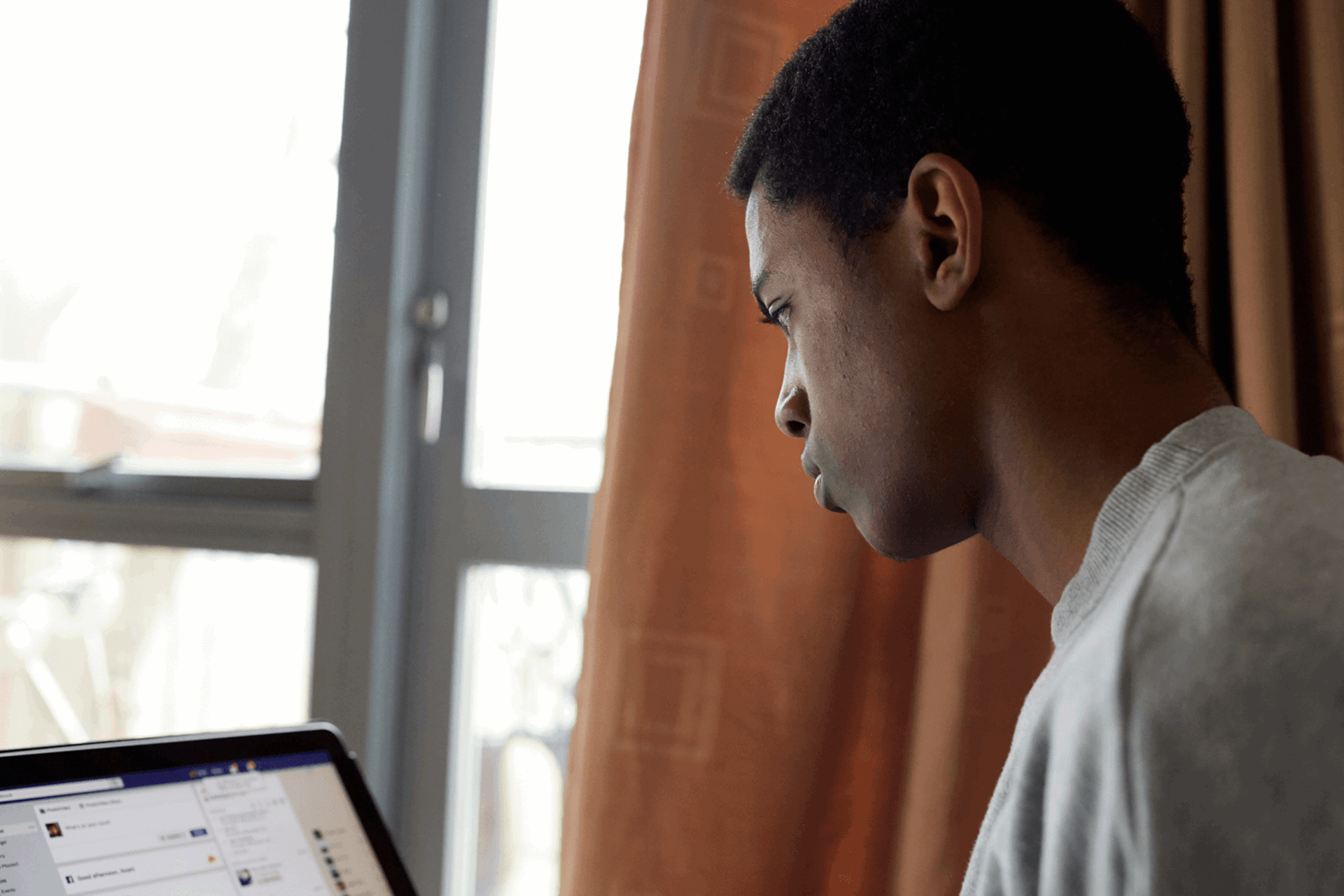Try not to compare your actions with what other people are doing. Remember, It’s about what helps YOU feel more able to manage your mental health.
What does it mean to practise good self-care? It’s hard to say because self-care looks different for everyone. Face masks, snacks and a good series of films are often my go-to because I find it really difficult to switch off from work and relax a bit more, so sometimes scheduling in time to do ‘nothing’ is a positive thing for me. But ‘switching off’ isn’t the only form of self-care that we can show ourselves, and it definitely doesn’t work for everyone.
Redefining what self-care means for me
I’ve been trying to be a lot more conscious recently of the ways that I can practise self-care more in my day-to-day life, and do it in ways which feel manageable for me. For example, how can I practise self-care during busy work times when I might not be able to give a whole day to chilling out with a box set? One of the ways that I have begun to do this is by changing my understanding of what self-care means for me.
I used to think self-care was just about relaxing, but I’ve begun to realise it can take different forms. It can be saying ‘no’ to things, making a timetable at the beginning of the day so things feel less overwhelming, taking regular short breaks (which usually involves some dancing around my room!), or maybe even asking questions when I don’t understand something in a lesson or meeting. I used to put self-care in a completely different section of my life, as something I would just go to when I had the time, but I now know that self-care can take a number of different forms AND can look different for everyone.
I used to think self-care was just about relaxing, but I’ve begun to realise it can take different forms.
Don't compare your self-care
You might find that the standard, glamourised version of self-care you see on social media might not be for you, or it might not feel realistic for you to achieve on a regular basis. That’s okay – try not to compare what you like to do. I’ve found that doing so can be harmful to my mental health, because I then get frustrated when I don’t have the time to practise those types of self-care activities, or when I try them but they don’t make me feel any better.
So it’s time to change the narrative on what self-care looks like, and what it means to us all individually. The most important thing to remember is that self-care is personal. It’s what works for YOURself. What works for me might be irrelevant to you.
The most important thing to remember is that self-care is personal. It’s what works for YOURself.
Embedding self-care in daily life
We don’t often think of self-care as being embedded into our day-to-day activities, but it’s important to look after ourselves all the time, right? So finding practical ways of looking after our mental health while going about all the other things we might have to do can be really valuable. For example, if - like me - you’re a busy student and feel overwhelmed with workload, looking after yourself MIGHT be choosing to work with friends instead of on your own, or choosing to read a book instead of an online resource. Or you might struggle with feeling motivated and finding the energy to get out of bed and do something with the day. In that case, self-care might be trying to spend a little time with your family, going out for a five-minute walk to get some fresh air, snuggling with your pet, or generally remembering to be kind to yourself.
When I’m struggling with anxiety, self-care takes on a whole new meaning for me. In those cases, it’s about trying to remove myself from the overwhelming environment if I can, pausing to be mindful of my breathing for a few moments, or drinking some water. The things you do to look after yourself don’t have to be huge actions - they might be quite simple and quick, but can often be forgotten when you feel overwhelmed. The techniques I’ve developed to manage anxiety have only been something I’ve become aware of recently, but I now see them as a fundamental part of what I do for self-care in my life.
The things you do to look after yourself don’t have to be huge actions - they might be quite simple and quick, but can often be forgotten when you feel overwhelmed.
We all struggle with different things and have different lifestyles, so self-care naturally looks different for us all. Try not to compare your actions with what other people are doing. Remember, It’s about what helps YOU feel more able to manage your mental health, feel calmer, and more able to do the things YOU want to do.
Despite what we’re often told, self-care isn’t all face masks and films. If they work for you, great. But if that’s not what works for you, that’s fine too. Self-care is still for you. Own it.

More advice and tips on self-care
‘Self-care’ is a phrase you’ve probably come across, but what does it really mean?
We've launched a new campaign to scratch beyond the surface of self-care, looking at how self-care can help you, what to do when it feels impossible, and how you can find what self-care works for you.
Where to get help
However you're feeling, there are people who can help you if you are struggling. Here are some services that can support you.
-
Childline
If you’re under 19 you can confidentially call, chat online or email about any problem big or small.
Sign up for a free Childline locker (real name or email address not needed) to use their free 1-2-1 counsellor chat and email support service.
Can provide a BSL interpreter if you are deaf or hearing-impaired.
Hosts online message boards where you can share your experiences, have fun and get support from other young people in similar situations.
- Opening times:
- 24/7
-
Samaritans
Whatever you're going through, you can contact the Samaritans for support. N.B. This is a listening service and does not offer advice or intervention.
- Opening times:
- 24/7



